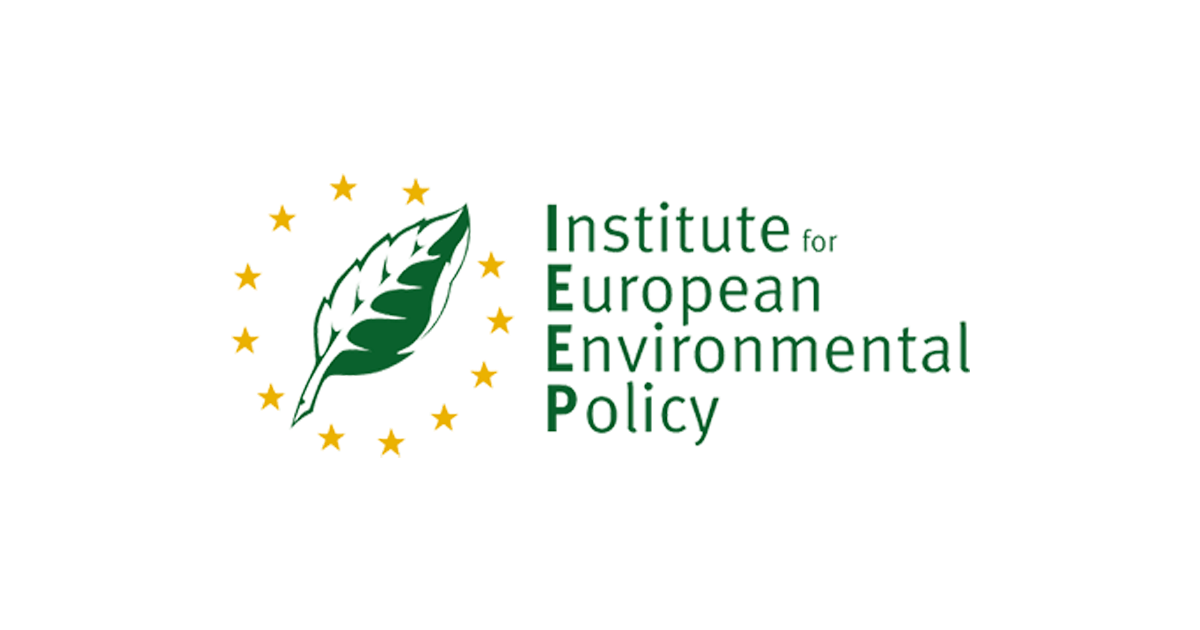IEEP’s Patrick ten Brink presented at the TEEB Multi-stakeholder International Workshop held on 21-22 January in Beijing, China. He talked of nature and its role in the transition to a green economy, with a particular focus on protected areas.
China has made a high-level commitment to progress towards Ecological-Civilisation. An intense and constructive debate centres around the role nature can play in this transition, what instruments can help take account of the multiple values of nature in decision making – from protected areas, restoration, organic production and the circular economy to integrating ecological considerations in official national appraisal systems that currently focus particularly on economic growth. There is also a wider debate about taking natural resources and the environment into account, leading to reforming GDP.
The Third Plenary Session of the 18th CPC Central Committee in 2013 committed to accelerating the Ecological-Civilisation process in China, aiming to protect ecosystems through institutional measures, improving property rights, enhancing management systems for natural capital and exploring the implementation of payment for ecosystem services (PES) and ecological compensation mechanisms. The assessment of the multiple values of natural capital has risen high on the Chinese agenda, leading to the Chinese Ministry of Environmental Protection (MEP) and the Chinese Academy of Sciences (CAS) jointly developing the TEEB China Project. Work is continuing on assessing ecosystem services and biodiversity, and mainstreaming this value into governmental policy decision processes at national, regional and local levels. International collaboration and exchange of experiences are an important thread in the ongoing development of TEEB China.
Related to the above policy development, the United Nations Environment Programme (UNEP) and MEP convened the international TEEB workshop with the help of the Chinese Research Academy of Environmental Sciences (CRAES) and the German Federal Agency for Nature Conservation (BfN). Around 140 stakeholders from ministries, business, institutes and academia attended the event, including speakers from Chinese national and regional government, Chinese and European institutes and universities, business, media and NGOs. IEEP’s contribution to the event built on our seminal work on nature and its role in the transition to the Green Economy and providing guidance on the social and economic benefits of protected areas.


